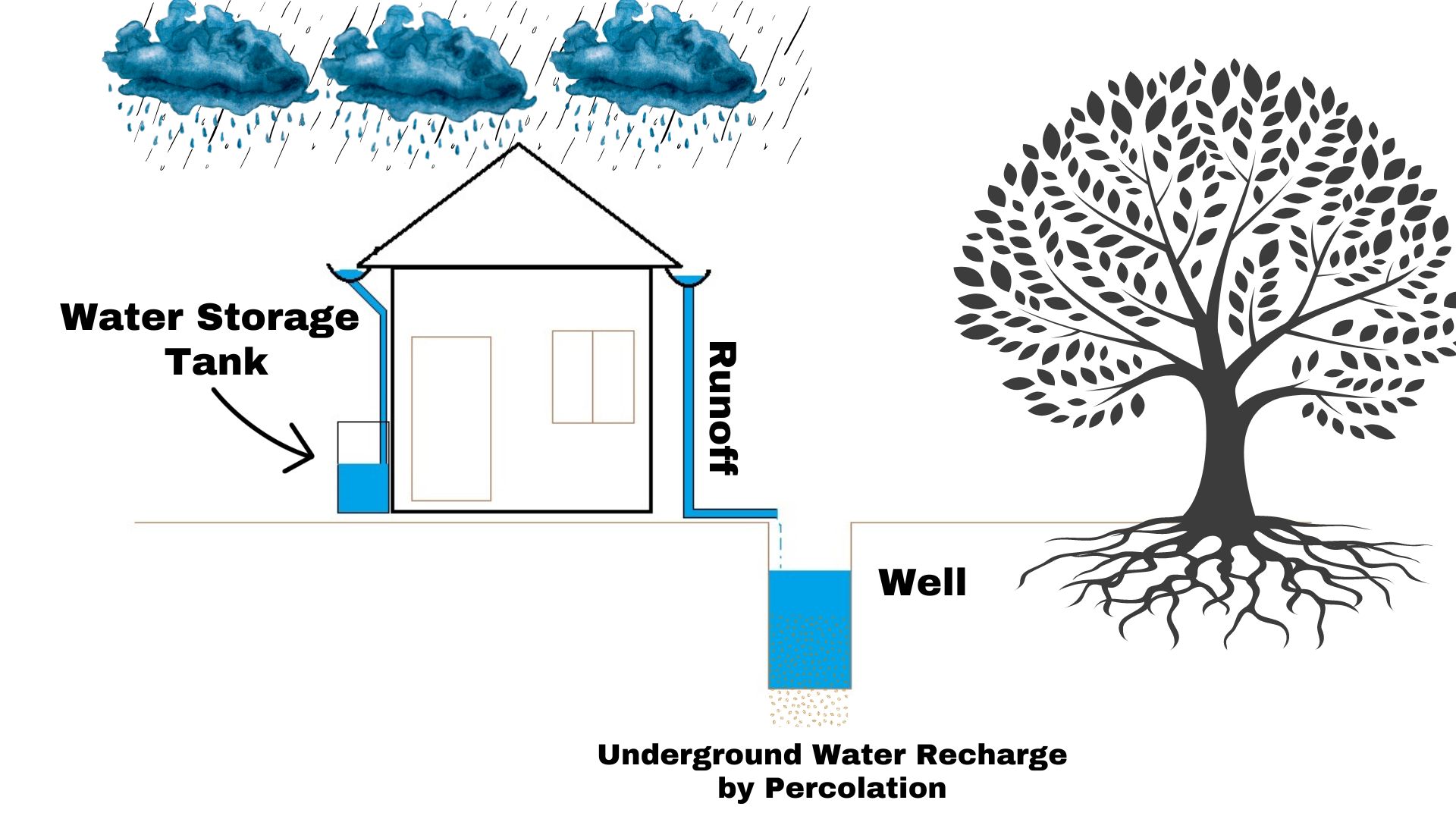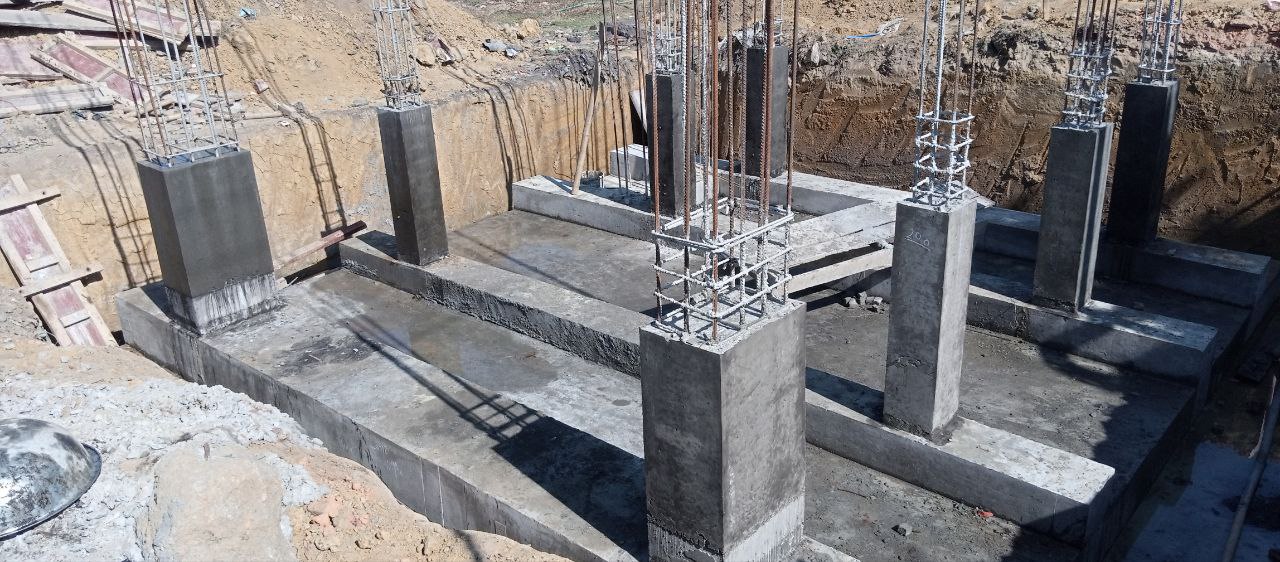EPC contracts, also known as Engineering, Procurement, and Construction contracts, are widely used in the construction and infrastructure industry. These contracts have become the preferred model for large-scale projects like power plants, refineries, oil and gas facilities, and other industrial installations. In this blog, we’ll explore EPC contracts in detail, understanding what they entail, their benefits, risks, and how they are applied in various industries.
What is an EPC Contract?
An EPC contract is a type of contract where a single entity, often referred to as the contractor, is responsible for providing all the engineering, procurement, and construction services required to complete a project. This includes the detailed design, purchasing materials and equipment, and physically building the project. The contractor is usually responsible for delivering the project to the client in a ready-to-use condition by a certain date and within a fixed budget.
The fundamental components of EPC contracts are:
- Engineering: The design and planning phase where specifications are developed, and technical designs are drawn.
- Procurement: The acquisition of materials, equipment, and services necessary to complete the construction.
- Construction: The physical implementation, i.e., building the structure or facility.
EPC contracts are often referred to as turnkey contracts because the contractor delivers the project in a “turnkey” state, ready for immediate use.
How Do EPC Contracts Work?
In an EPC contract, the contractor bears full responsibility for executing the project. It is the client who defines the requirements to be met by the project, and the contractor would fulfill these requirements at the engineering, procurement, and construction phases. The contractor is in control from design to handover, which leaves the least opportunity for the client to intervene in everyday decisions.
- Engineering Phase: The contractor produces detailed designs, making specifications of the requirements of the client. Such specifications include design, construction details, and time scale.
- Procurement Phase: After designs are approved, a contractor gets all of the equipment and material required. This process may include negotiating with providers to receive the best offers, ensuring there is adequate means of getting the supplies to the construction site.
- Construction Phase: The execution phase carries out the realization of the project through physical construction according to approved designs and with all required materials. Delivery The Contractor is responsible for the construction works in conformity with agreed upon quality and safety standards and delivery time.
- Commissioning and handover: After the construction works, the contractor carries out all required tests on the facility to ensure that it has been constructed in a proper manner. After being assured that everything is okei, the contractor will hand over the completed project to the client.
Key Features of EPC Contracts
- Single Point of Responsibility: In an EPC contract, the contractor is fully responsible for every aspect of the project, from design to completion. This ensures that if any issues arise, the client only deals with one party, simplifying the process.
- Fixed Price: Typically, EPC contracts are structured around a fixed price. This means the contractor agrees to deliver the project at a pre-determined cost, providing the client with certainty about project expenses.
- Fixed Time: EPC contracts often come with a defined timeline for completion. The contractor is obligated to deliver the project by a specified deadline, reducing delays.
- Turnkey Delivery: The contractor delivers the project in a complete, operational state, ready for the client to use immediately. This model reduces the client’s involvement in the day-to-day management of the project.
Also Read: 20 Top Construction Companies in India to Start Your Career In 2024
Benefits of EPC Contracts
- Cost Certainty: Since most EPC contracts are fixed-price, the client can accurately predict the total cost of the project from the outset. This helps in financial planning and reducing budget overruns.
- Risk Transfer: Most of the project risks, including cost overruns, delays, and engineering failures, are transferred to the contractor. This limits the client’s exposure to potential problems during the project.
- Simplified Management: With the contractor handling all aspects of the project, the client is free from the complexity of managing multiple contractors or suppliers. This reduces administrative burdens and allows the client to focus on their core business.
- Quality Assurance: EPC contracts typically require the contractor to meet strict performance criteria. This ensures that the final deliverable is of high quality and fully operational.
- Faster Project Delivery: Since the contractor is responsible for both design and construction, they can often streamline the process, resulting in faster project delivery.
Risks and Challenges in EPC Contracts
While EPC contracts offer numerous advantages, they also come with certain risks:
- Cost Overruns: Although the contractor is responsible for cost management, unforeseen challenges like design changes or supply chain issues can lead to cost overruns.
- Delays: Weather conditions, labor shortages, or regulatory approvals can cause delays. In some cases, delays may lead to penalties for the contractor if they fail to meet the agreed deadline.
- Scope Creep: Changes in project scope during execution can increase costs and extend timelines, putting additional pressure on both the client and the contractor.
- Limited Client Control: The client has less control over day-to-day operations in an EPC contract, which can be a concern if the project does not align with their expectations.
Industries Using EPC Contracts
EPC contracts are predominantly used in industries that require large-scale, complex projects, including:
- Energy: Construction of power plants, renewable energy projects like solar and wind farms, and other energy infrastructure.
- Oil & Gas: Refineries, petrochemical plants, and offshore platforms.
- Infrastructure: Roads, bridges, airports, and railway networks.
- Industrial Projects: Factories, processing plants, and manufacturing facilities.
Conclusion
EPC contracts have become an integral part of construction and industry industries to provide clients with a sure, efficient, and simplified means of delivering complex projects. Providing clients with certainty coupled with fixed price and time transfer most of the risk on to the contractor, and this makes the EPC contracts the favorite for those clients, as certainty is what they always wish for and completion of a good-quality project.
Nonetheless, like any other contract, EPC contracts require much more attention and thought-about, especially where potential risks such as cost overruns and delays in completing the project are concerned. An EPC contract properly designed and managed is a very effective tool for the on-time, within-budget delivery of major projects.
EPC contracts should be a result of the further growth and development of the industry; hence they should serve as a flexible as well as a secure tool for both clients and contractors alike.



